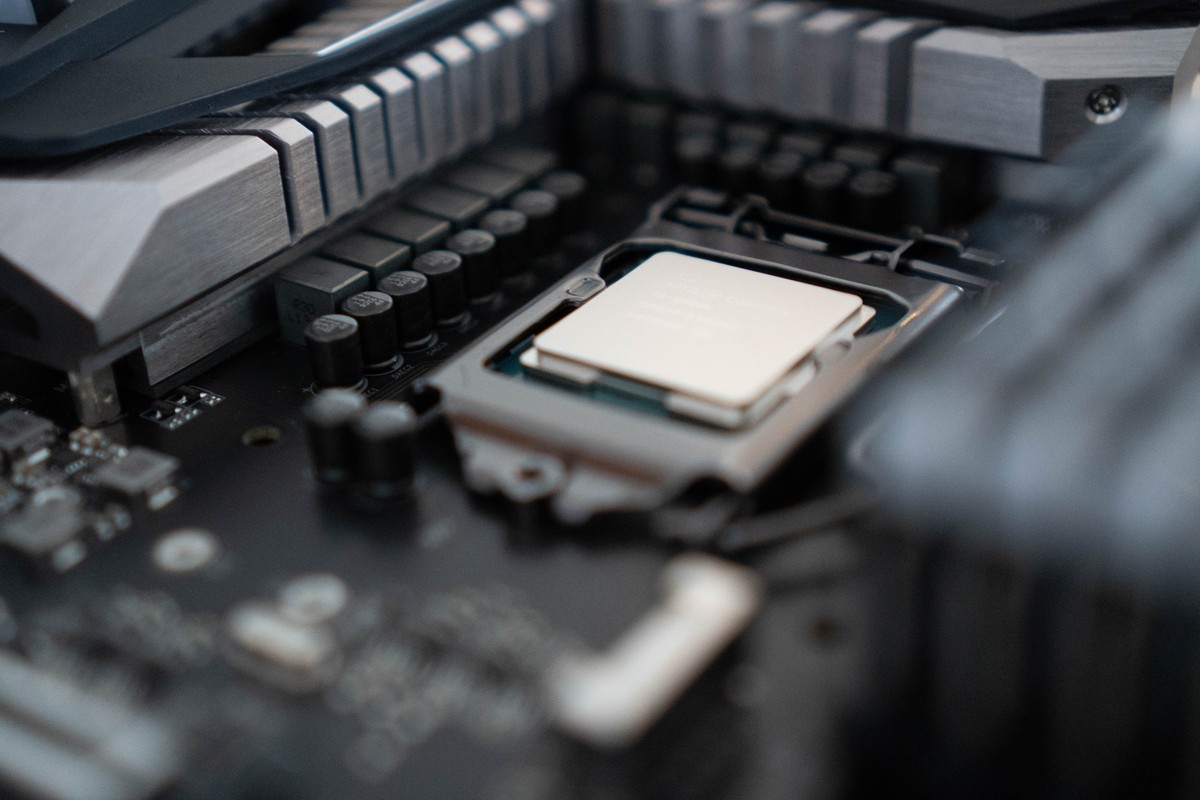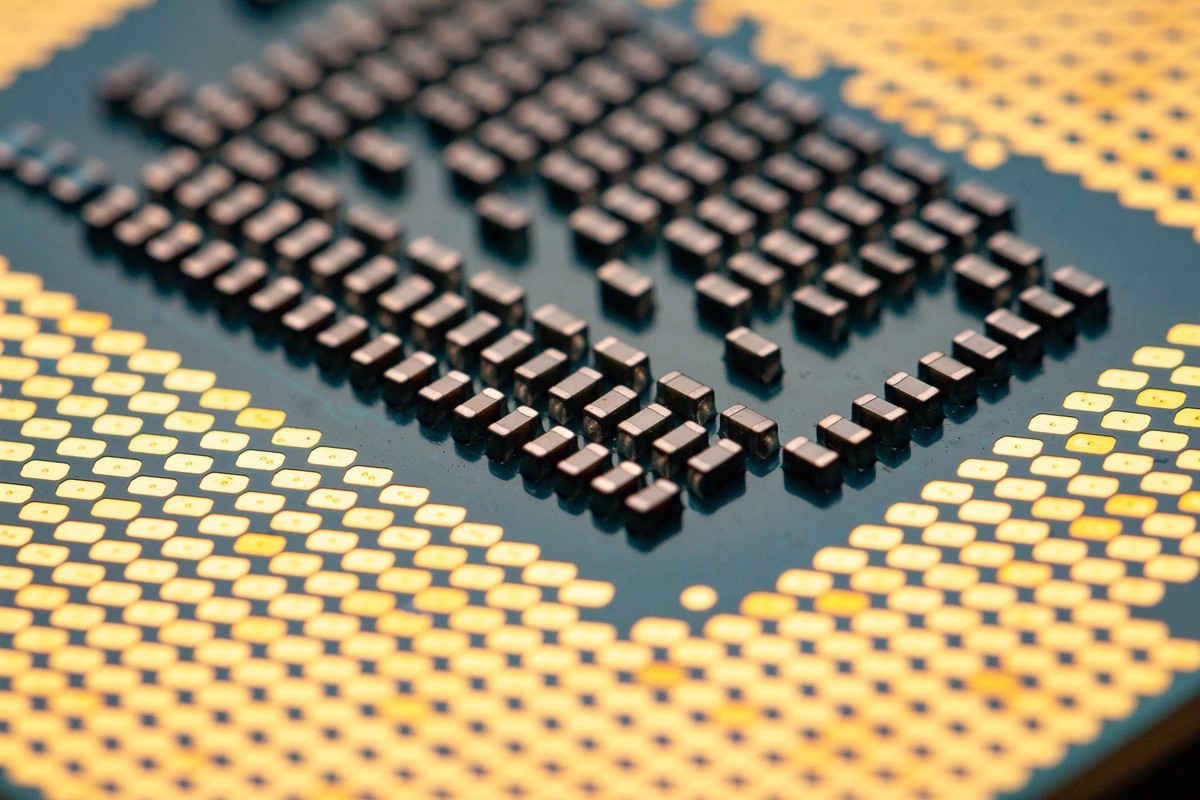We got a new contender in quantum computing

We got a new competitor in quantum computing, and it is Intel.
With 12 qubits, this cutting-edge chip marks a pivotal moment in Intel's journey to develop powerful quantum computing hardware that surpasses its competitors
Intel's unique quantum computing strategy
Unlike its competitors, Intel takes a distinct approach to quantum computing by utilizing individual electrons housed in computer chips similar to those found in everyday PCs. This approach allows Intel to leverage its existing chip technology and propel advancements in quantum computing.
While other companies such as IBM, Google, Quantinuum, and IonQ have already offered quantum computers for several years, Intel's fusion of conventional chip technology with quantum mechanics holds the promise of faster progress in the field.

Yes, it's not useful for the standard user but
Although quantum computers are not yet practical for everyday consumers, their potential impact on various industries is immense. Financial services companies seek the computational power of quantum systems to uncover more profitable investments. Materials science researchers aim to revolutionize battery technology, while pharmaceutical companies strive to design more effective drugs.
Governments also see potential in using quantum computers to decode adversaries' encrypted communications. Conventional computers fall short in addressing these complex challenges, but quantum computing's ability to harness the peculiar physics of the ultrasmall offers promising solutions.
The quantum computing race
One striking aspect of quantum computing is the wide range of approaches pursued by different companies. While Intel uses electrons and their quantum mechanical property called spin, IBM and Google employ small electrical circuits made of superconducting materials. IonQ and Quantinuum manipulate charged atoms trapped within their systems.
Other approaches involve neutral atoms and even photons, the fleeting particles of light. At extremely small scales, quantum mechanics takes over, and practically anything can become a qubit, as explained by quantum computing pioneer Seth Lloyd. The challenge lies in effectively manipulating these qubits for computational purposes.

Intel's approach and future milestones
Intel remains confident in its chosen path for quantum computing. The recently announced Tunnel Falls processor is already in the manufacturing phase, and Intel is actively designing its successor, along with future models. While 12 qubits represent just a fraction of what is needed for practical quantum computers, Intel is committed to steady improvement and sustained progress.
The next major milestone is achieving a few thousand qubits, which will allow engineers to address the frequent errors in qubit operations. This milestone is expected to be realized within the next three to five years. However, Intel predicts that the transformative point of having a million qubits, which has the potential to change the world, will likely be reached in the early to mid-2030s.
Advertisement

















“Financial services companies seek the computational power of quantum systems to uncover more profitable investments.”
Probably among those with the most money to waste in the hope of earning more, but I don’t see how that will be such a qualitative change for their casino games. Not the first time I see highly theoretical snake oil deployed in that field.
“Governments also see potential in using quantum computers to decode adversaries’ encrypted communications.”
Aren’t they already doing that to us through other means ?
“While 12 qubits represent just a fraction of what is needed for practical quantum computers”
closer to a joke than to a fraction, but they need the hype I guess.